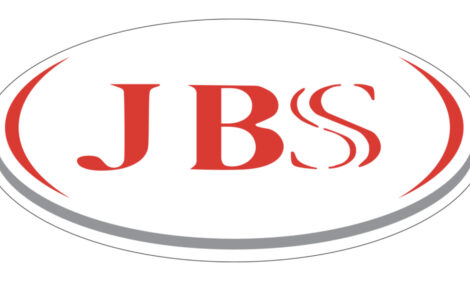



SCS Explores LCA to Measure Environmental Impact of Foods
US - SCS Global Services presented insights into the increased use of product Life Cycle Assessment (LCA) for food, beverage and other consumer packaged goods at the Sustainable Foods Summit in San Francisco last month.SCS' Sustainability Manager, Ashley Foster, described the consecutive and interlinked stages of a food product's life cycle, from ingredient production, processing and packaging to retail sale, consumption, packaging, and disposal. Her talk touched on the evolution of LCA practice and standards, and recent developments that will help food and beverage companies make better-informed decisions, influencing everything from product development to ingredient supply chain management.
"In the past two decades, LCA has been transformed from a material and energy tracking tool to a more comprehensive environmental impact assessment resource," said Ms Foster. "These changes are enabling leaders in the food industry to back up their sustainability goals with clear metrics."
SCS has provided leadership in third-party certification for the food industry since the early 1980s, and has been an LCA practitioner for more than two decades, serving a wide range of industries. SCS' suite of food and agriculture services support businesses throughout the food industry. These services include Sustainable Agriculture certifications for food products, plants and flowers, Organic certification under the USDA National Organic Program, Pesticide Residue Free certification, a wide range of GFSI Food Safety audits and certifications, Flavor and Sensory ratings, and more. SCS is the exclusive conformity assessment partner to Fair Trade USA.
Among the most recent developments in LCA, Ms Foster described the LEO-SCS-002 draft standard, a new standard being finalized under the American National Standards Institute (ANSI) process that will augment the international LCA framework (ISO-14044). The new standard will help to streamline the data collection and analysis process to prevent excessive data processing and data fatigue, while simultaneously enabling users to more accurately and consistently assess all environmentally relevant impacts.
To find out more about SCS' food industry programs, click here.
TheCattleSite News Desk


